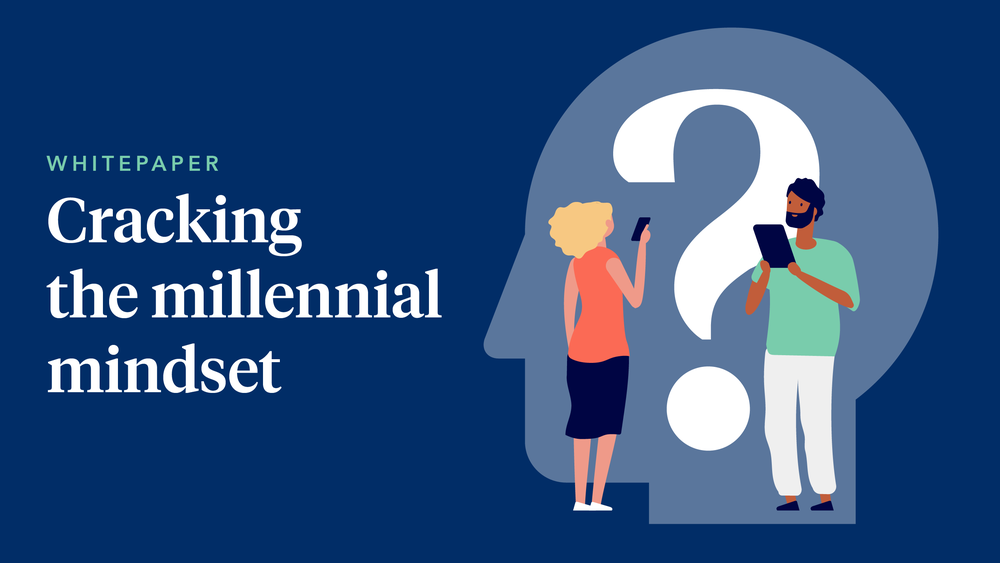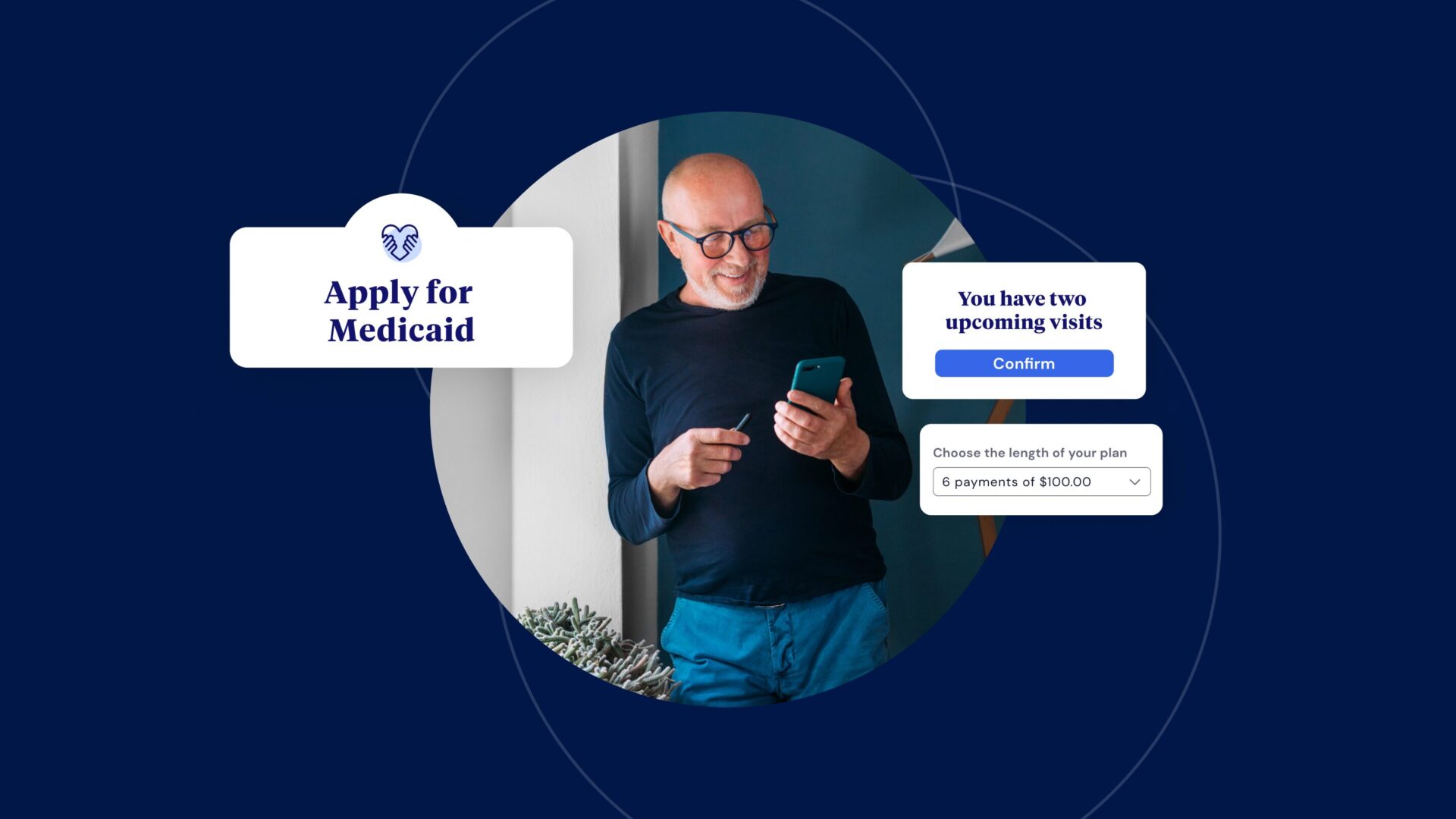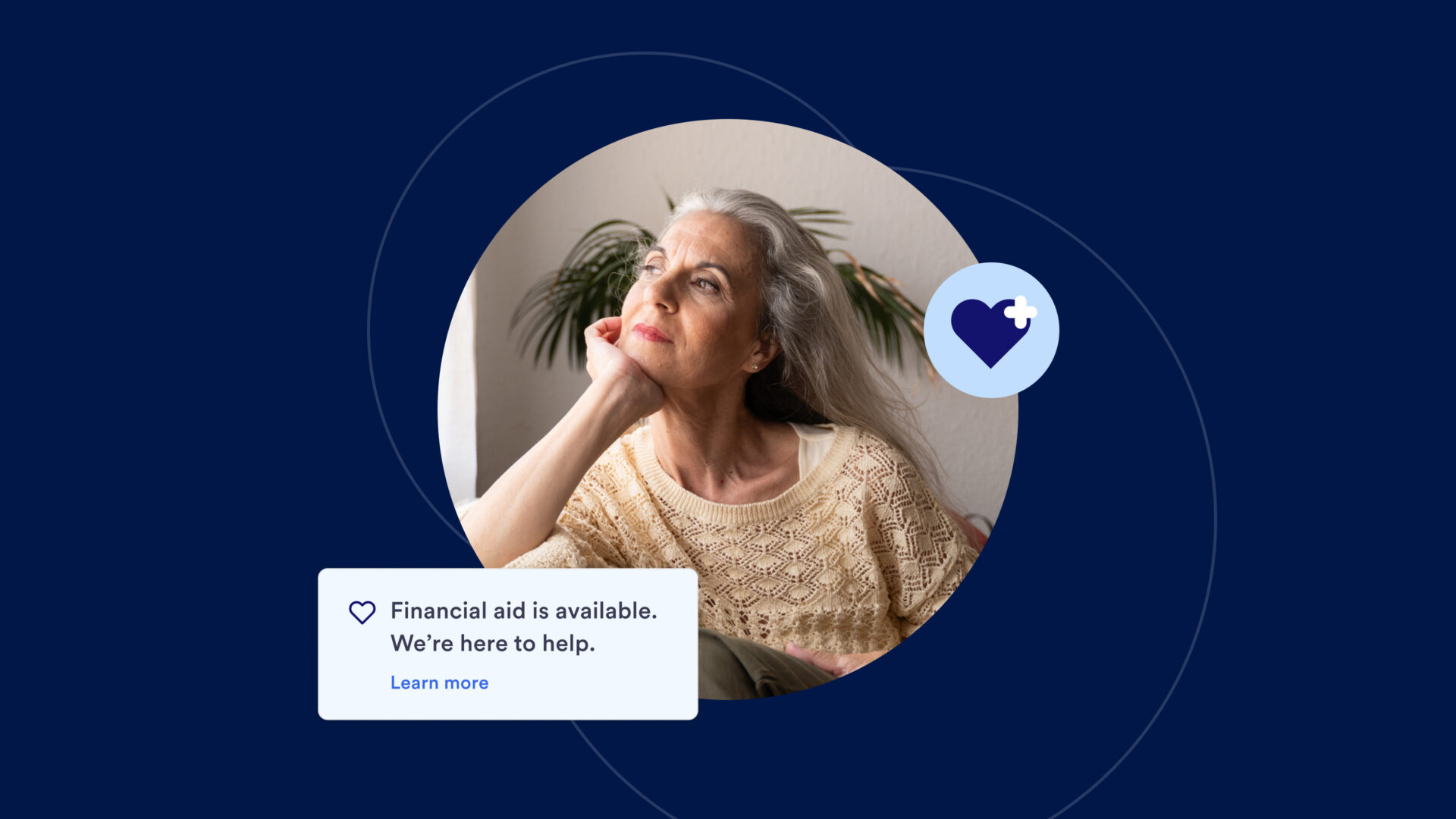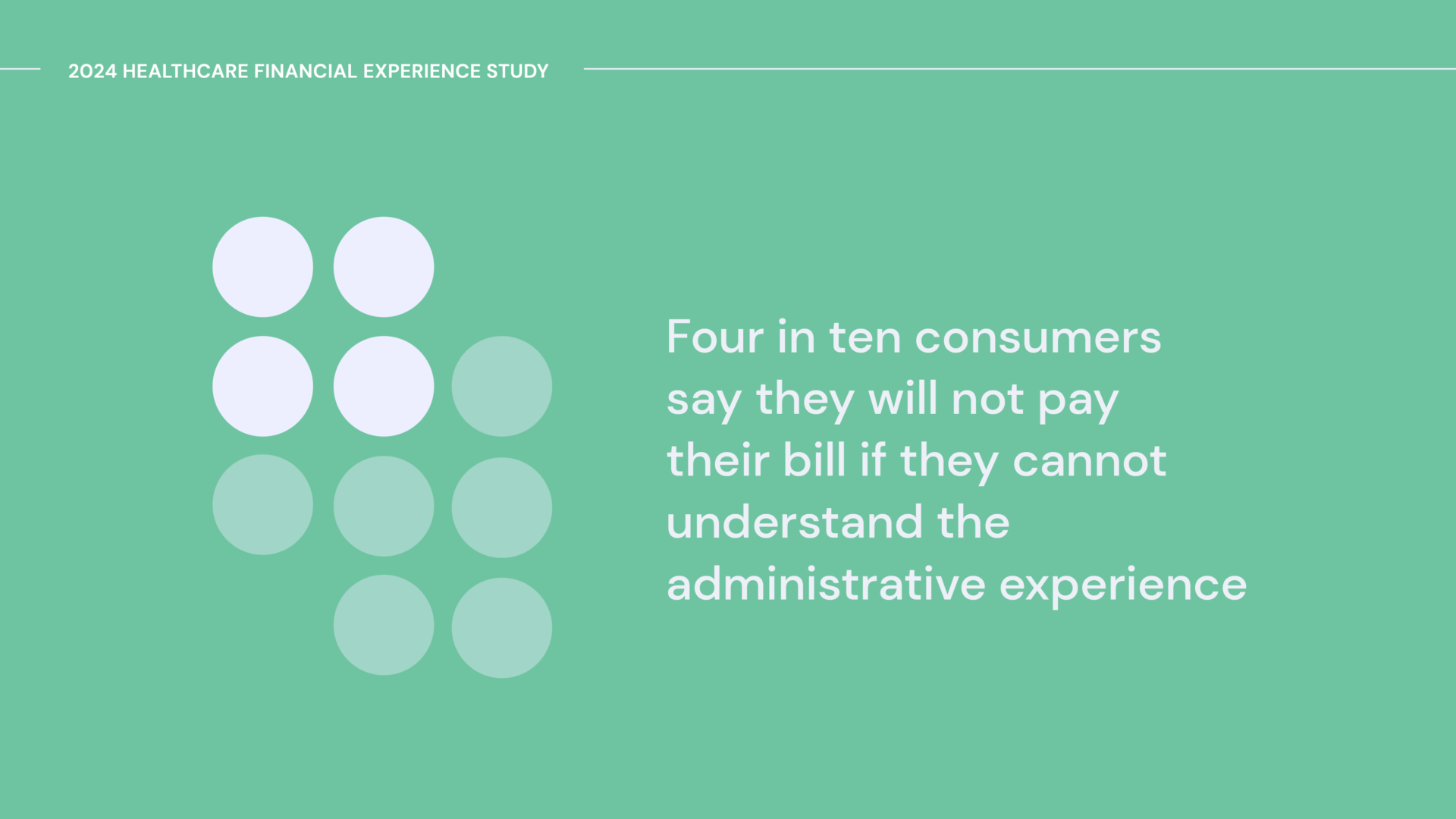In 2019, millennials surpassed baby boomers as the largest adult generation in the U.S., encompassing over 72 million people. Consequently, their relative social weight cannot be overstated, and their influence is becoming increasingly decisive with population growth estimates projecting a peak in 2033 at 74.9 million.
Now more than half of all Americans are millennials or younger—and that’s a big reason why we chose to focus on millennials in our latest human-centered design research project in collaboration with IDEO, the preeminent global design firm best known for creating the Apple mouse.
Over the past decade, there have been countless articles, analyses and tomes written on the millennial generation, meticulously cataloguing preferences, personality traits, sociological influence and much more.
But for healthcare providers, there’s a specific noteworthy millennial tendency that bears heavily on business: they’re less likely to pay healthcare bills than any other age group. At the same time, they’re also the generation to most likely adopt digital health tools. So as providers are increasingly offering digital payment options, we wanted to learn why they weren’t paying.
By understanding different millennial behavior patterns, healthcare providers can better serve this unique patient population. Solving billing issues for this tricky patient group is a crucial component in improving the overall financial journey for all patients, in turn benefitting the hospitals, health systems and physician groups providing care.
Our latest whitepaper gives insight into why millennial patients behave the way they do and their payment behavior patterns. Download your copy now for actionable insight on increasing engagement with millennials, and the results of real experiments designed to create a better patient experience.

Amy Stillman is the Head of Design at Cedar, leading the company’s award-winning product design and user research teams. Amy has over 10 years of experience leading creative design teams to craft hyper-personalized, human-centered products, helping brands like Procter & Gamble, Verizon and Goldman Sachs.

Diana Ye is a Director of Product Design at Cedar, using people-first design to help humanize healthcare. Previously, she has designed products for Oracle, Boston Children’s Hospital and startups at the intersection of healthcare, data and science

Rena Yang is Director of Analytics at Cedar, where she uses data science to improve the patient experience. Her background includes business development at agricultural tech firm Gro Intelligence and economic and statistical analysis at consulting firm Cornerstone Research.



